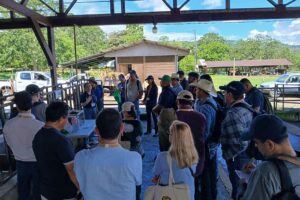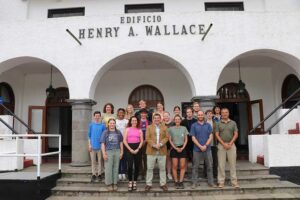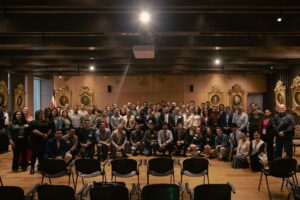CATIE, BCIE, and WRI launch project for climate resilience in the Gulf of Honduras
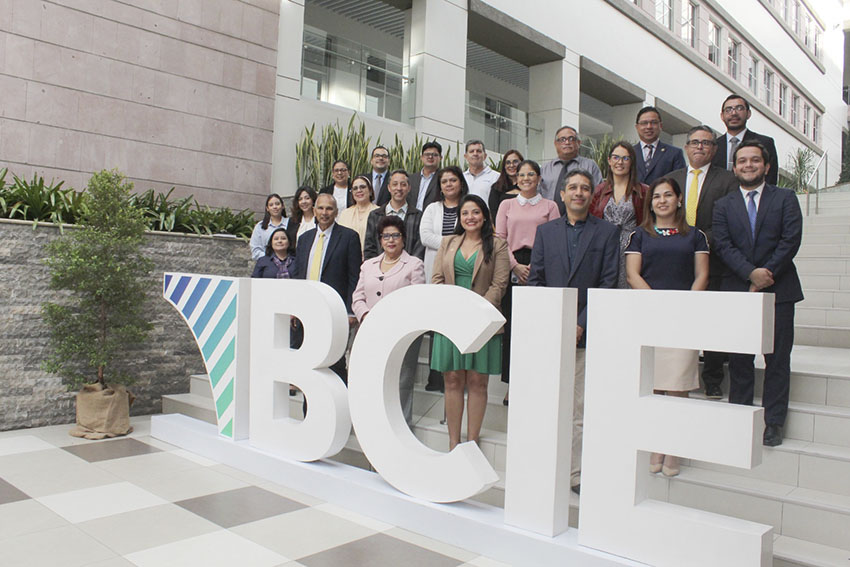
- The Gulf of Honduras region, bordering Belize and Guatemala, faces the constant onslaught of storms, depressions, and hurricanes annually.
November 16, 2023The CATIE (Tropical Agricultural Research and Higher Education Center), the Central American Bank for Economic Integration (BCIE), and the World Resources Institute (WRI) have initiated the project "Use of nature-based solutions to enhance resilience to extreme climate events in the Caribbean region of Central America."
With funding from the Adaptation Fund, administration by the BCIE, and technical implementation by the partner organizations CATIE and WRI, the project aims to directly benefit 2,050 people and more than 35,000 indirectly over the next five years in the Atlantic coastal region of Honduras, Belize, and Guatemala.
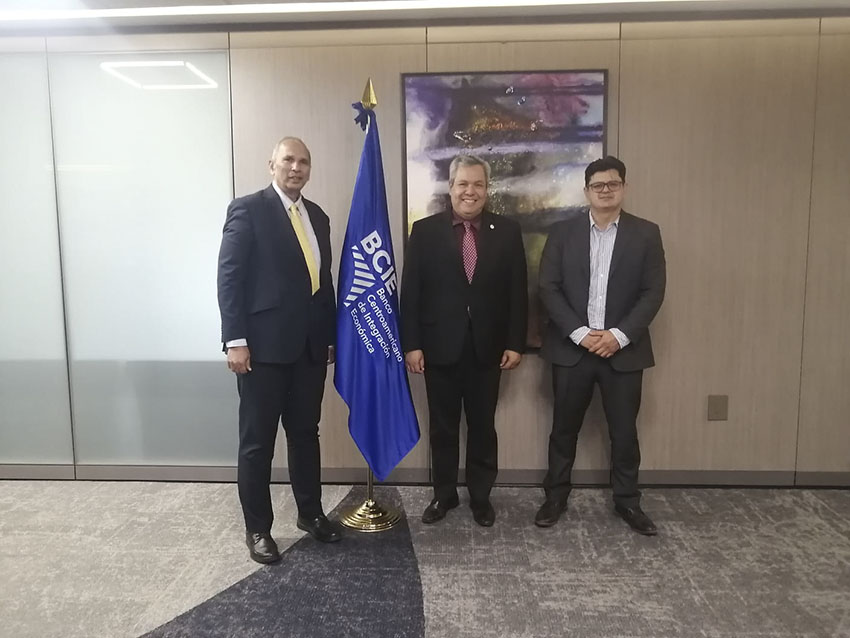
The project arises in response to the extreme weather events that the Gulf of Honduras faces annually and the serious impact they have had on local communities and the tourism, agriculture, and trade sectors in this region. In the last 60 years, about 65 hurricanes/storms have impacted this area, exacerbating the accelerated degradation of its ecosystems.
The initiative's goal is to strengthen the climate resilience of communities and ecosystems through nature-based restoration that integrates gender, cultural relevance, and youth perspectives.
"I really like this project because it involves constant dialogue and learning, not only within each country but between countries to truly achieve that strengthening and climate resilience through restoration efforts," expressed Dante Mossi, CEO of BCIE, during the launch workshop held at the headquarters in Honduras.
Through various established working components, the project aspires to integrate restoration as a key ecosystem-based adaptation measure in national and local regulatory frameworks, focusing on the participation of women, indigenous peoples, and youth.
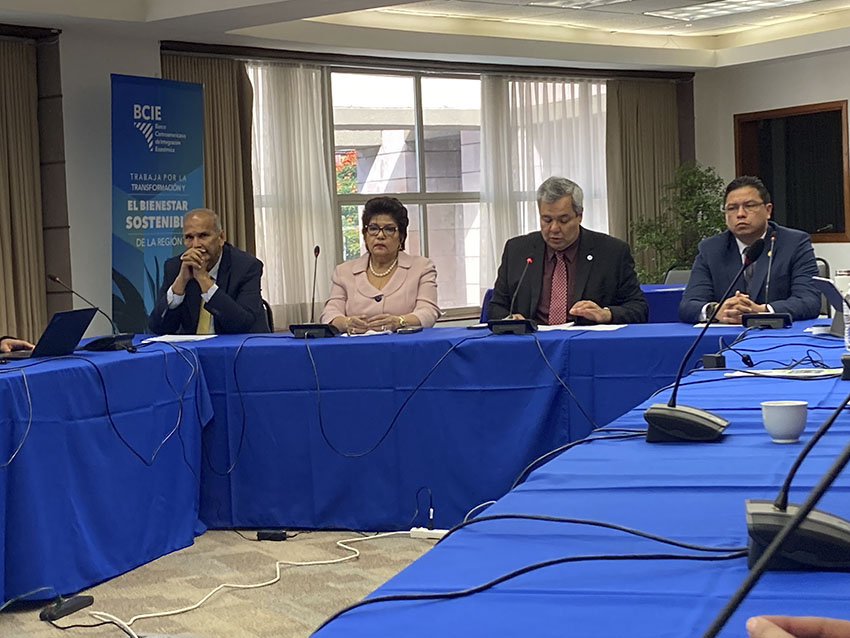
Furthermore, it aims to strengthen early warning systems, carry out forest restoration actions in selected landscapes, and enhance local, national, and regional knowledge through capacity building and knowledge dissemination.
"As part of its 50th anniversary, CATIE is committed to incorporating gender, cultural relevance, and youth perspectives in all project activities. It will also focus on providing access to tools and community training, supporting local and community early warning systems, and adopting a regional approach to expand ecosystem restoration," highlighted Muhammad Ibrahim, Director General of CATIE.
Parallel to the benefit to directly affected communities and the improvement of early warning systems, the gathering of lessons and experiences is expected to serve as a baseline for future initiatives throughout the region.
"With people at the center, this project will allow the three countries to reduce climate vulnerabilities and increase resilience to extreme weather events through landscape restoration in the Atlantic region. Science and locally available knowledge will be key to implementing the best restoration practices for this purpose," stated René Zamora, WRI representative.
Before the activity, Muhammad Ibrahim and Dante Mossi, along with Edwin García, CATIE's representative in Honduras, met to discuss the organization's work in Central America and the opportunity that this new joint project represents, which is a significant investment in the region's resilience and promises differentiated results.
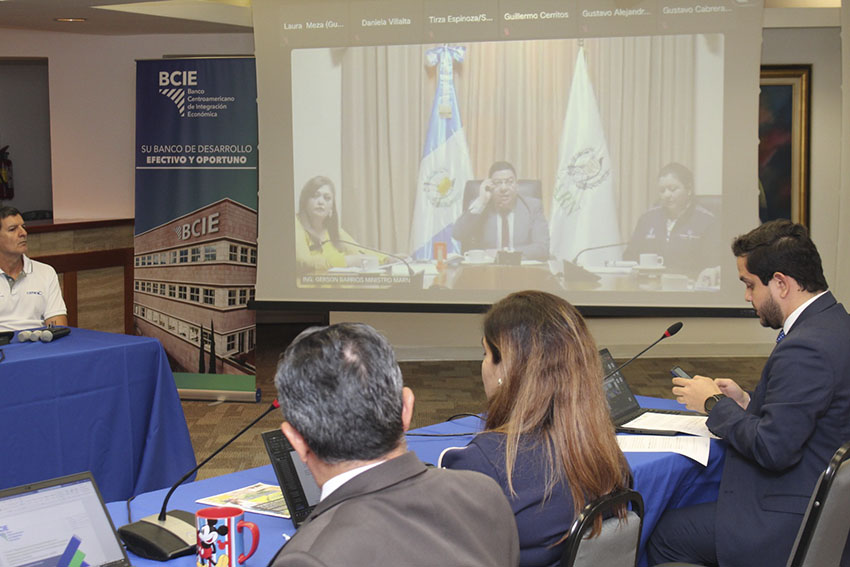
More information
Diego Delgado
Coordinator on behalf of CATIE for the project
Forests and Biodiversity in Productive Landscapes Unit
ddelgado@catie.ac.cr
Lenin Corrales
Technical Project Coordinator
Senior Advisor of the Climate Action Unit
lenin.corrales@catie.ac.cr
Written by:
Dannia Gamboa Solís
Communicator
Information Technology and Communication
dannia.gamboa@catie.ac.cr

